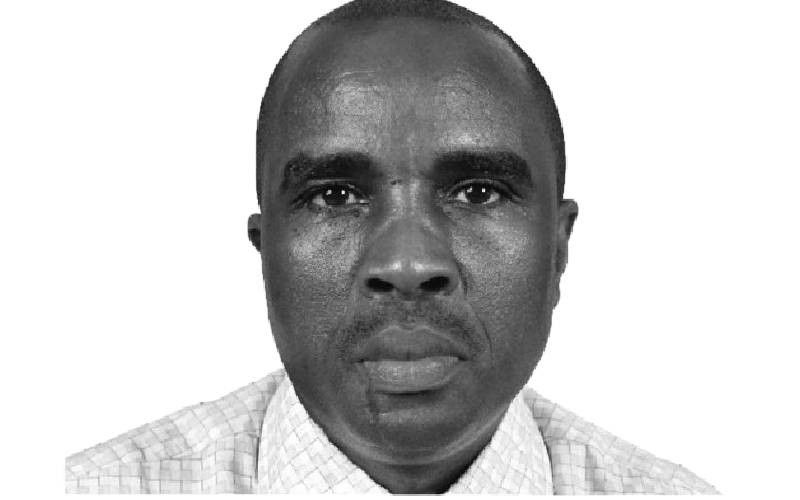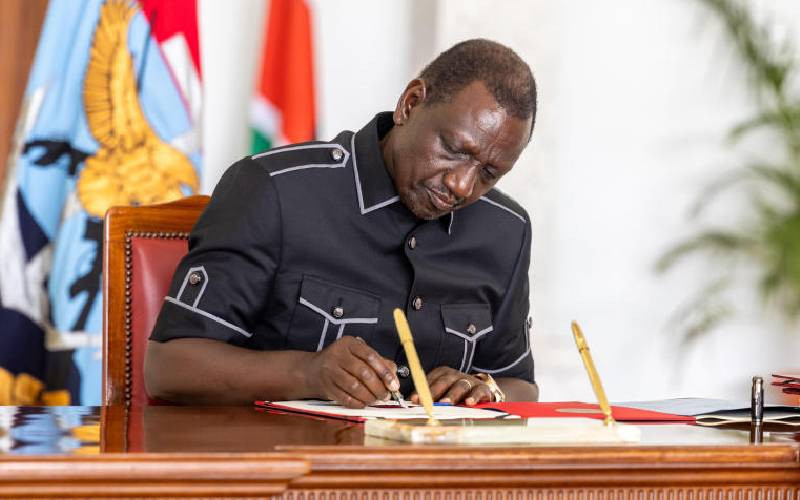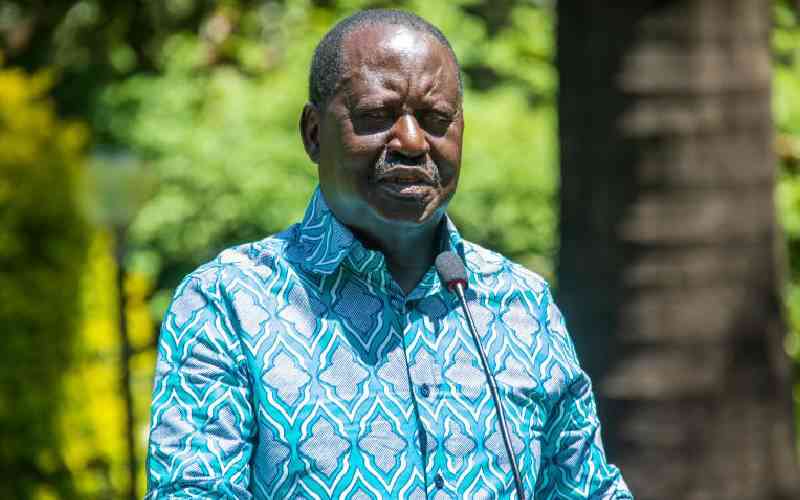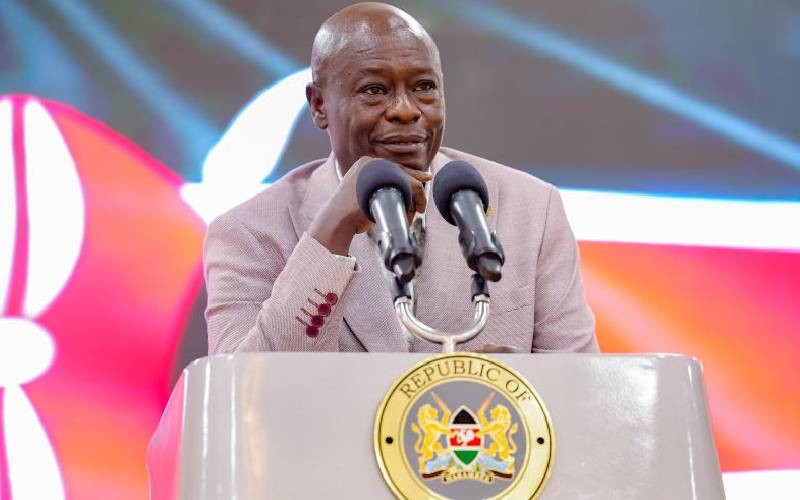By Charles Kanjama
Marcus Tullius Cicero (106BC-43BC) was one of ancient Rome’s greatest statesmen. He was also a renowned lawyer, and after studies in Roman law, practised law for a number of years before joining politics. His most famous case was the courageous defence of Sextus Roscius, accused of patricide in a conspiracy involving political figures close to then Roman dictator Sulla.
Since Cicero, numerous lawyers in history have distinguished themselves by the courageous defence of vulnerable clients against the high and mighty of the land. Notable lawyers include Thomas More (1478-1535), who while Lord Chancellor of England, had to defend himself against King Henry VIII and his partisans who had decreed death for treason in the matter of the King’s divorce from Catherine of Aragorn.
Two centuries later, Malesherbes (1721-94) defended French King Louis XVI before the National Convention during the Reign of Terror. Although, it was clear that any advocate for the king would also forfeit his own life, Malasherbes exclaimed, “I was twice called to the Council of the King when all the world coveted the honour, and I owe him the same service now when it has become dangerous.”
John Adams, later the second American President, defended one of eight American soldiers accused of murder during the Boston Massacre. In the face of extremely hostile American sentiment. Adams addressed the court thus, “If I can but be the instrument of preserving one life, his blessing and tears of transport shall be sufficient consolation to me for the contempt of all mankind.”
This history of courage and independence has been the foundation for the practice of law. Thomas Erskine (1750-1823), more than any other lawyer, best embodies this ideal of the independence of the Bar. In 1792, he defended Tom Paine, who had been accused of sedition for publishing a pro-revolution book in the face of hostile English sentiment.
Erskine declared, “I will forever and at all hazards assert the dignity, independence and integrity of the English Bar, without which impartial justice, the most valuable part of the English constitution, can have no existence.” Henceforth, English barristers would often sponsor a toast, “To Erskine and independence!”
In Kenya, courageous lawyers of the 1950’s and 60’s include Denis Pritt, the British barrister who flew in to defend the Kapenguria Six against the colonial Kangaroo court, and Argwings Kodhek, Kenya’s first black lawyer, who made a career out of defending Mau Mau freedom fighters. It is a happy coincidence that these two brave lawyers have important roads in Nairobi named after them, which ran roughly parallel with Lenana Road sandwiched in the middle.
Without independence of advocates, as Erskine memorably declared, the liberties of England, and indeed of any commonwealth, would come to an end. And so all Kenyan advocates take an oath during the ceremony when they are called to practise at the Bar, “to uphold the administration of justice and the rule of law... without fear or favour.”
Advocate independence from the Bench, from the Government, from opposing counsel, and even from the client, is something that must be jealously guarded. It is for this reason that the Law Society of Kenya (LSK) is recognised as both an independent association of lawyers catering to their professional interests, and a statutory body with public duties and functions. These two roles may occasionally conflict, but must be resolved without damaging the independence of the Bar.
The disciplinary control of advocates is a matter that falls squarely within the statutory role of LSK, just like most law societies worldwide. This disciplinary role is a matter that should remain within LSK’s mandate, else advocate independence is compromised. The Statute Law (Misc Amendments) Act, 2012, has wrongly diluted this independence, without proper consultation and participation of LSK members. Advocates should mobilise against it.
The writer is an Advocate of the High Court.
Stay informed. Subscribe to our newsletter
 The Standard Group Plc is a
multi-media organization with investments in media platforms spanning newspaper
print operations, television, radio broadcasting, digital and online services. The
Standard Group is recognized as a leading multi-media house in Kenya with a key
influence in matters of national and international interest.
The Standard Group Plc is a
multi-media organization with investments in media platforms spanning newspaper
print operations, television, radio broadcasting, digital and online services. The
Standard Group is recognized as a leading multi-media house in Kenya with a key
influence in matters of national and international interest.
 The Standard Group Plc is a
multi-media organization with investments in media platforms spanning newspaper
print operations, television, radio broadcasting, digital and online services. The
Standard Group is recognized as a leading multi-media house in Kenya with a key
influence in matters of national and international interest.
The Standard Group Plc is a
multi-media organization with investments in media platforms spanning newspaper
print operations, television, radio broadcasting, digital and online services. The
Standard Group is recognized as a leading multi-media house in Kenya with a key
influence in matters of national and international interest.









